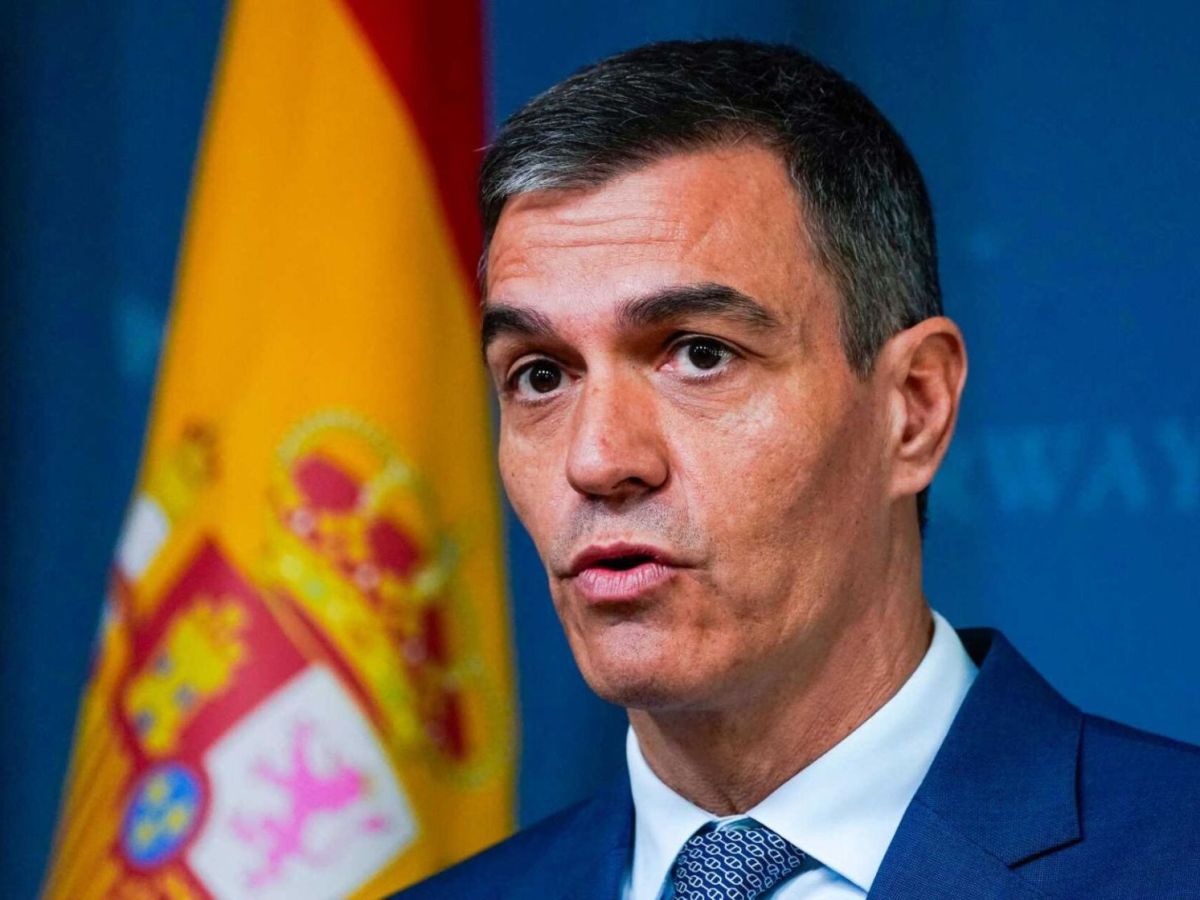It is a “process that will take time”, said Pedro Sánchez in the Spanish parliament, without giving any deadlines.
The government leader stressed that the Spanish electricity generation and distribution companies had been asked for all the data generated and recorded in 4,200 units of the system between 12:15 pm and 12:35 pm local time on 28 April.
The blackout, which left the whole of mainland Portugal and Spain without electricity, occurred at 12.33pm and originated in Spain, according to the authorities in both countries, but the causes are not yet known.
Sánchez reiterated that three power generation failures were identified seconds before the blackout in the south of Spain (the first) and then two more in the south-west of the country, with the investigation now trying to ascertain whether these disturbances are related to each other and why the Iberian electricity system shut down completely at that time.
In a speech that lasted more than an hour in the Spanish plenary, Sánchez once again promised, as he has done several times in the last week, that the government will “get to the bottom of it” to find out what happened, “assume and ask for political responsibility” and adopt measures so that a blackout like the one last week does not happen again.
Insisting that this is a complex issue, he demanded and promised “rigour, caution, prudence and absolute transparency”.
“I can assure you that everything that is discovered will be made public,” he said, after saying that the Spanish government “is fully aware” that citizens want to know what happened “and so does the government”.
“We are not going to close any debate in vain, we are not going to rush to conclusions,” he added, before emphasising that “to do the job properly, the technicians need time” and that “the government’s responsibility is to respect the complexity of the subject” and “not to generate noise and interested debates, as some are already doing”.
In this regard, he asked Spaniards to be wary of speeches that try to explain the blackout with a debate between renewable and nuclear energies.
“At the moment, there is no empirical evidence to say that the incident was caused by an excess of renewables or a lack of nuclear power stations in Spain,” he said, in a speech in which he accused right-wing and far-right political parties of having embarked, without data or evidence, on an “ideological agenda” and the interests of companies that own Spain’s nuclear power stations, all of which are due to close between 2027 and 2035.
During much of his speech in parliament, Sánchez defended the commitment to renewable energies, which he said is not just the responsibility of Spain’s left-wing government, but a vast “global consensus” in Europe and the world.
The leader of the Spanish government emphasised that these energies increase national and European sovereignty, are more competitive and have made it possible to lower electricity prices on the Iberian Peninsula in recent years, as well as responding to climate change.
Spain is therefore not going to change anything in its strategy of investing in renewable energies and will continue to invest and promote investment in infrastructures that enable and improve the transition to green energy, he said.















